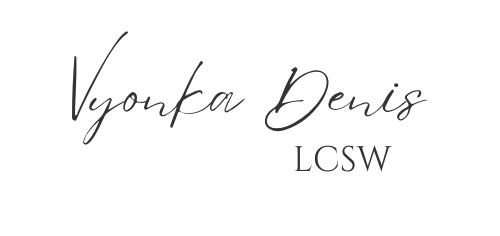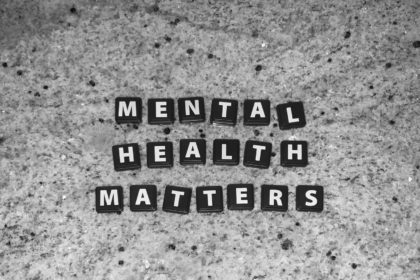Have you ever felt as if your world has been turned upside down and then your thoughts take control, but all that you seem to form are negative thoughts? A feeling of a downward spiral where one feels out of reach, not in control of a situation, or even when feeling down? This is a normal occurrence to many, we have all been there are some point, but in excess or uncontrolled, these ruminating thoughts can lead to increase levels of anxiety and depression. In therapy with clients, I would always describe this feeling as being consumed by a “dark whole” where you find yourself with no way out. I know, I have been there before. It is a scary place to be. Our thoughts are extremely powerful.
Cognitive distortions are an irrational and negative thought process that are not factual. Rather, they are led by emotion. These thoughts can be about yourself, a situation, or any adverse event(s) in your life. There are ways to catch yourself in these thoughts in order to practice reframing and other coping mechanisms but it is important to know the different types of cognitive distortions. Here I have listed 10.
Types of Cognitive Distortions
All-or-nothing thinking: This thinking is “black or white” success/always or failure/ never thoughts.
Mind-reading: This thinking is when there is interpretation of thoughts or feelings of others.
Personalization: This thinking occurs when you make yourself responsible for events that are out of your control.
Should statements: These are when you have thoughts that are self-critical and that things “should” only be a certain way.
Overgeneralization: When there are broad assumption from limited experience.
Magnification and minimization: These thoughts are when you magnify your negative qualities all while minimizing your positive qualities.
Fortune telling: These thoughts are when you predict a negative outcome without considering the actual odds of the outcome.
Catastrophizing: These thoughts are when you jump to the worst possible conclusion.
Disqualifying: This thinking is when there is disregard to the good things that happen by finding faults or downplaying achievements.
Labeling: This type of thinking is when you define yourself or someone else entirely on one interaction, behavior, etc.
With having insight to the different types of cognitive distortions and being able to recognize when you are experiencing these thought processes you can acquire the appropriate/healthy coping skills/tools to better manage the negative symptoms associated with these thoughts.
Usually when I am experiencing anxiety, I begin to try to identify the triggers that I am experiencing, what is really going on, and what am I telling myself. This can be difficult for anyone who suffers from an anxiety disorder or is experiencing an active anxiety episode because although there is insight and an established set of coping skills, you have to truly work through the thoughts and usually debilitating symptoms in order to pull yourself out of that “black hole.” This is not an impossible task. It takes work and something that has to be continuously revisited in order to have better control of ruminating thoughts and decrease reaching the point of an anxious episode or even panic attack.
So, let’s talk about solutions. In therapy there is no one-size fits all practice rather you find what works for you regarding coping skills. In the case of cognitive distortions what helps is cognitive reframing. This is essentially redirecting those negative thoughts. Cognitive reframing is when you identify the thought that needs to be changed and look at it in a different perspective by replacing them with a more positive outlook.
I hope that this post can help assist with identifying those cognitive distortions that you may be experiencing and with the practice of reframing those thoughts you are able to reach equilibrium in your thought processes. Thank you very much for reading and remember, you have got this!





